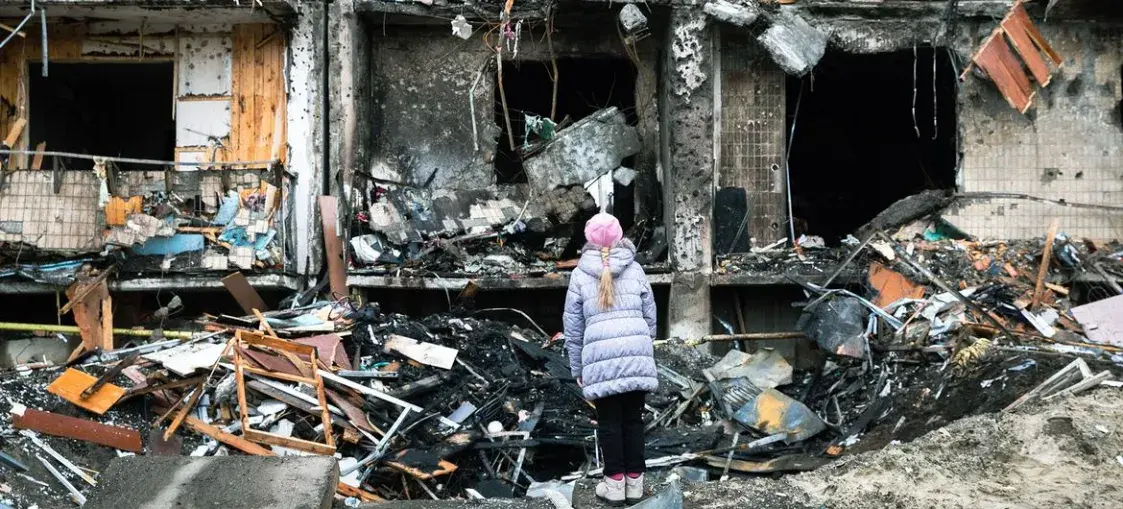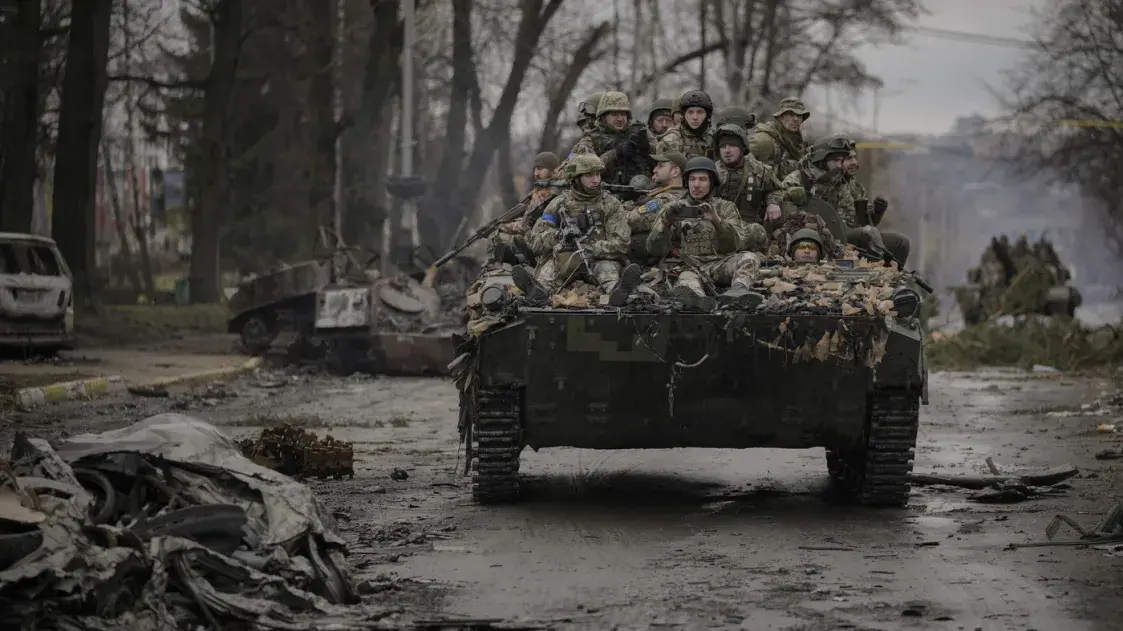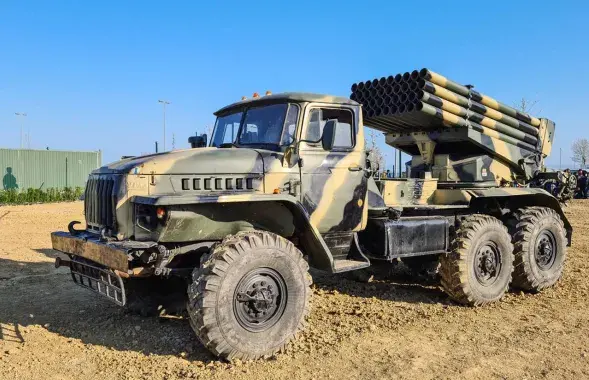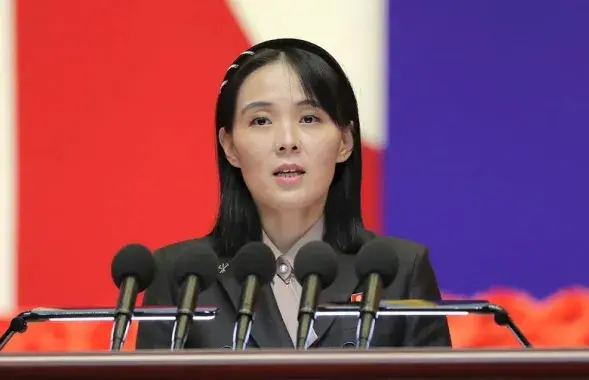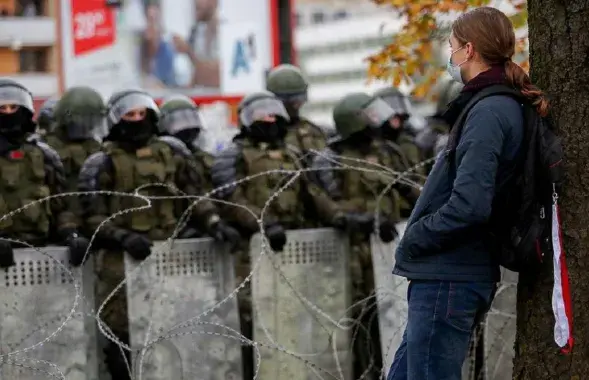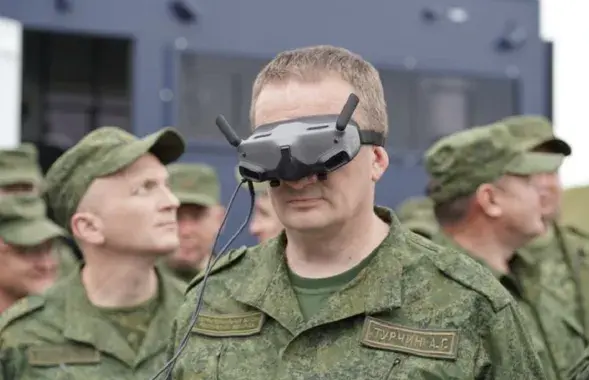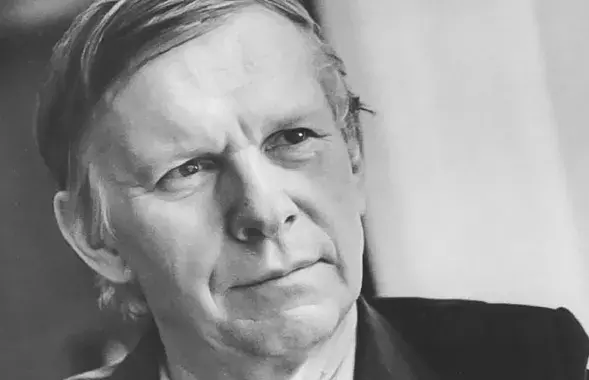Putin's overheated economy: When will Russia run out of money for war?

Vladimir Putin at a pro-government rally / Татар-Информ
Vladimir Putin's hope that time is on Russia's side and that the war in Ukraine is only draining the country's resources may turn out to be a disaster for the Kremlin. Even though a record 13.5 trillion Russian rubles have been allocated for military spending in 2025.
Ukrainian publication hromadske explains how long Russia can go to war and whether we should expect its economy to implode any time soon.
Russia's military economy
In September, the head of Ukraine's Main Intelligence Directorate, Kyrylo Budanov, said that from the summer of 2025, serious economic problems will make the Kremlin think about ending the war. Citing intelligence data, Budanov said that Moscow aims to end the war with its victory before 2026 due to unfavorable socio-political and financial-economic factors. That's because spending on the war is rising, revenues are falling, and the budget deficit is growing.
In 2025, "defense and security" - and thus the war against Ukraine - will account for 41% of Russian budget expenditures. This is 25% more than in the current year. At the same time, Russia's draft budget for the next three years does not include any increase in oil and gas revenues, which make up the lion's share of the budget.
Due to disproportionate spending on the war, the budget deficit is growing significantly. In 2024, it will amount to 3.3 trillion rubles (about $34 billion). To continue its aggression against Ukraine, the Russian government is cutting spending on social welfare, health care, education, and science.
Ukraine also spends a huge amount of money on defense, about $100 billion a year. Half of this comes from its own budget. The other half comes from weapons supplied by Western partners.
According to Swedish economist Anders Aslund, Ukraine could win the war if it had an extra $50 billion a year, as well as permission from Western partners to strike military installations inside Russia with long-range weapons.
"The West can provide the necessary amount using $300 billion in frozen Russian state assets. This money is crucial for Ukraine's ability to resist the aggressor and restore its territorial integrity," the economist said.
Back in USSR
Currently, the military-industrial complex is the only sector of the Russian economy that is growing. This imbalance leads to higher inflation rates and creates an "overheated economy" effect. To keep inflation under control, the Central Bank of Russia has raised interest rates twice this year alone. In July - from 16% to 18%, in September - to 19%. By comparison, the key interest rate in Ukraine is 13%.
The current inflation rate in Russia is 9.1%, and according to Anders Aslund, the real inflation in this country is much higher. This is what happened in the Soviet Union, where the authorities disguised inflation as real economic growth, which in fact did not exist.
Cumulative effect of sanctions
Russia's hidden inflation also shows that Western financial sanctions are much more effective than many observers believe. Russia is unable to borrow abroad and has to live solely on taxes and reserves. In addition, half of its foreign currency reserves are frozen in Western countries.
"In 2021, the National Welfare Fund was at its peak with $183 billion in its accounts. By March 2024, the liquid reserves of Russia's sovereign wealth fund had shrunk to $55 billion, or 2.8 percent of GDP. Most of these funds are already invested and not liquid," Anders Aslund notes.
With a GDP of $1.9 trillion, Russia is spending about $40 billion a year to cover its budget deficit, which means its state reserves will run out next year, Aslund predicts. Although Russia is raising taxes on personal and corporate income, that's unlikely to help in a stagnant economy, and the government can't sell many bonds on the domestic market, the Swedish economist said.
"As the third anniversary of the war of aggression against Ukraine approaches, the financial, technological and demographic obstacles facing the Russian economy are more serious than is generally believed. Despite the Kremlin's attempts to convince the world that it is in control, time is not on Russia's side," Aslund notes.
Moreover, Russia continues to find ways around Western sanctions by importing Western goods through Central Asian countries, Turkey and China. Moscow also manages to evade trade restrictions on its oil, which is shipped to China and India via a shadow fleet.
Vaccinating the Russian economy
Although sanctions are making life difficult for the Kremlin, economic cooperation with China, India, and the Global South is keeping Russia afloat. Western sanctions could have been more effective if they had been imposed all at once rather than gradually, economic expert Alexander Parashchy noted in a conversation with hromadske.
"If it were possible to completely isolate Russia, if no one would buy its oil or supply it with weapons and technology, this story would probably end quickly. Unfortunately, sanctions are imposed gradually, and that's why Russia becomes immune to them very quickly. The gradual introduction of sanctions immunizes the Russian economy," the expert believes.
Despite the sanctions, the Russian military-industrial complex continues to increase the production of drones and missiles, which have many imported components. Moreover, 95 percent of all parts found in Russian weapons on the battlefield come from Western producing countries that provide military aid to Ukraine.
The West should tighten control over its exports, says Oleksandr Parashchyy. Although loopholes that allow sanctions to be bypassed are being closed, new ones are being found. Nevertheless, it is becoming increasingly difficult for Russia to get the goods it wants.
However, do not expect that the economic collapse will destroy Russia or stop the war against Ukraine, says in a commentary journalist Vitaly Portnikov.
"Economic collapse and disintegration in Russia is possible, but the question is - when? It was clear to everyone that the USSR's invasion of Afghanistan would have disastrous consequences. But the war lasted nine years," Portnikov recalls. "In 1988, the Soviet Union withdrew its troops from Afghanistan. But after the war ended, the USSR continued to exist for another three years. Therefore, Ukraine should think about security guarantees, not about the problems of the Russian economy.
If Western support is not weakened, Vladimir Putin's calculations that Russia is capable of winning a war of attrition may prove false.
